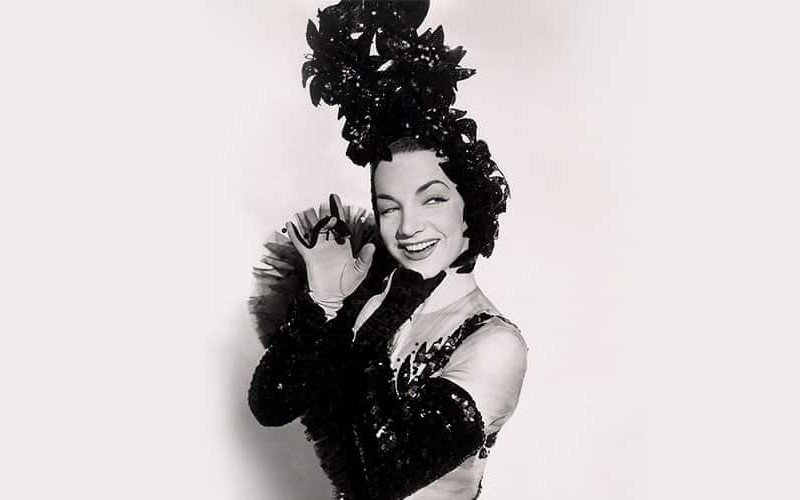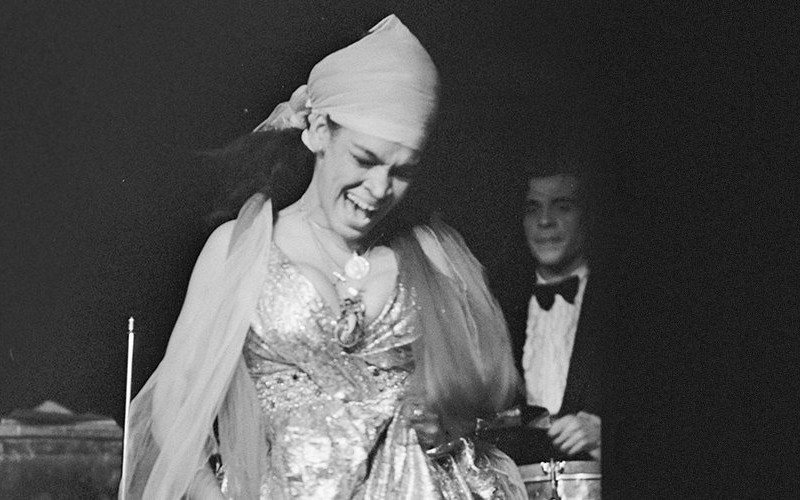5 Things You Didn’t Know About Dolores Huerta
Dolores Huerta, a true social justice icon, has passionately fought not just for workers’ rights, but also for the rights of women and the Latino community. But did you know she’s also been vocal about environmental justice and happens to be an avid jazz fan?
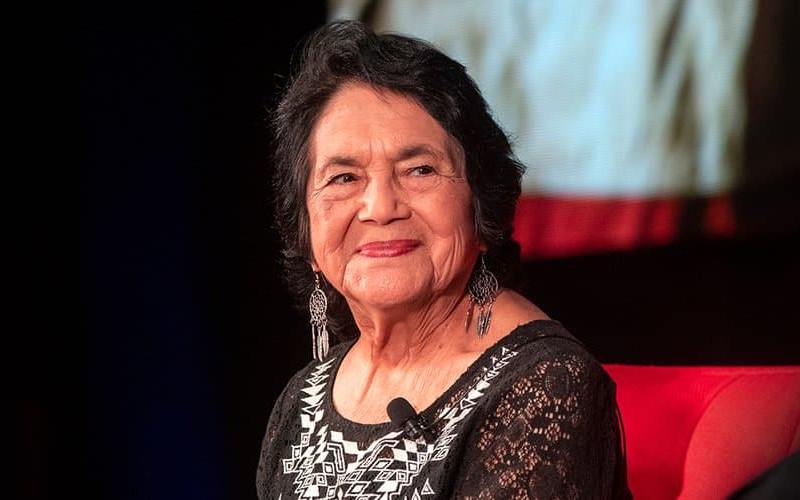
This article is part of a series developed in partnership with Project Pulso.
Dolores Huerta is a name that resonates powerfully within the circles of labor rights, feminism, and the Latino community. As a tireless advocate, her efforts have left an indelible mark on the American socio-political landscape.
While most are familiar with her co-founding of the United Farm Workers (UFW) alongside Cesar Chavez, many might not be aware of the full breadth of her contributions. Let’s dive deeper into the life of this remarkable woman and uncover some lesser-known facets of her life and work:
She’s an Avid Jazz Enthusiast
While Dolores Huerta’s name is often associated with picket lines, organizing, and civil rights, few people know about her deep love for jazz music. Huerta has expressed in interviews that jazz, with its improvisational nature and cultural roots, greatly inspired her. The music’s spirit of freedom and innovation can be seen mirrored in her work, as she continuously sought creative ways to fight for justice.
The Feminist Angle of UFW
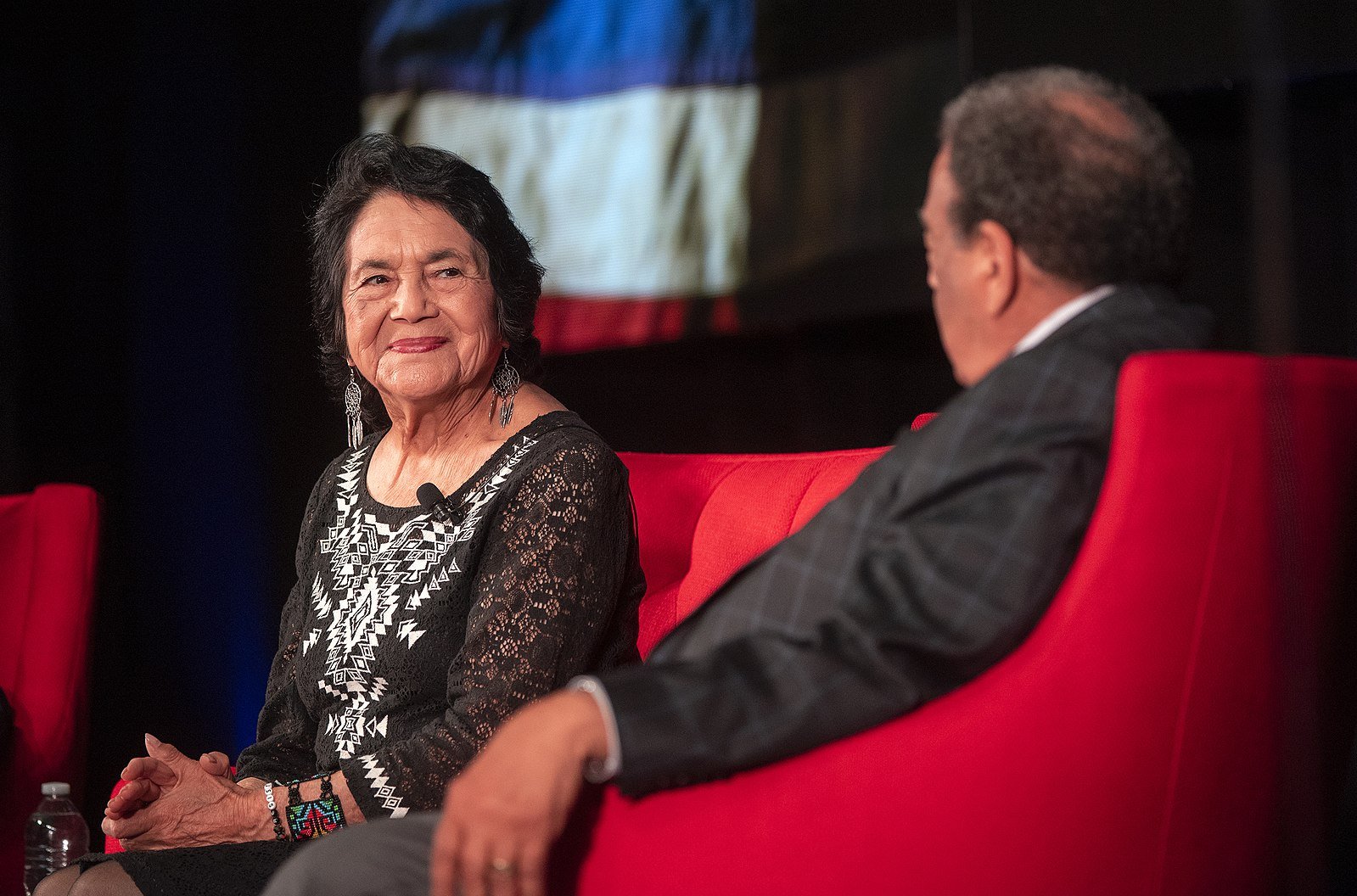
Many are unaware that, under Huerta’s influence, the UFW was one of the first unions to recognize women’s rights as a core part of its platform. Dolores was a relentless advocate for gender equality within the organization and ensured that women had representation in leadership roles. Her commitment to gender equality wasn’t limited to the UFW; Huerta was instrumental in articulating how labor rights and feminist issues intersect, especially for women of color.
She Championed Gay Rights
Dolores Huerta’s advocacy wasn’t limited to the Latino community or to workers alone. In the 1970s, well before many mainstream organizations did, Huerta was vocal about LGBTQ+ rights. Recognizing the universality of the struggle for equality, she famously said, “We can’t ask for rights for ourselves and then deny rights to someone else.” She believed in the interconnectedness of all social struggles, making her an ally for communities beyond her own.
Recipient of the Presidential Medal of Freedom
In 2012, then-President Barack Obama honored Dolores Huerta with the Presidential Medal of Freedom, the highest civilian award in the United States. While presenting her with the medal, Obama acknowledged that she was one of his early inspirations, and even borrowed her powerful slogan, “Sí, se puede!” (Yes, we can!) for his presidential campaigns.
Huerta’s Work Extends to Environmental Justice
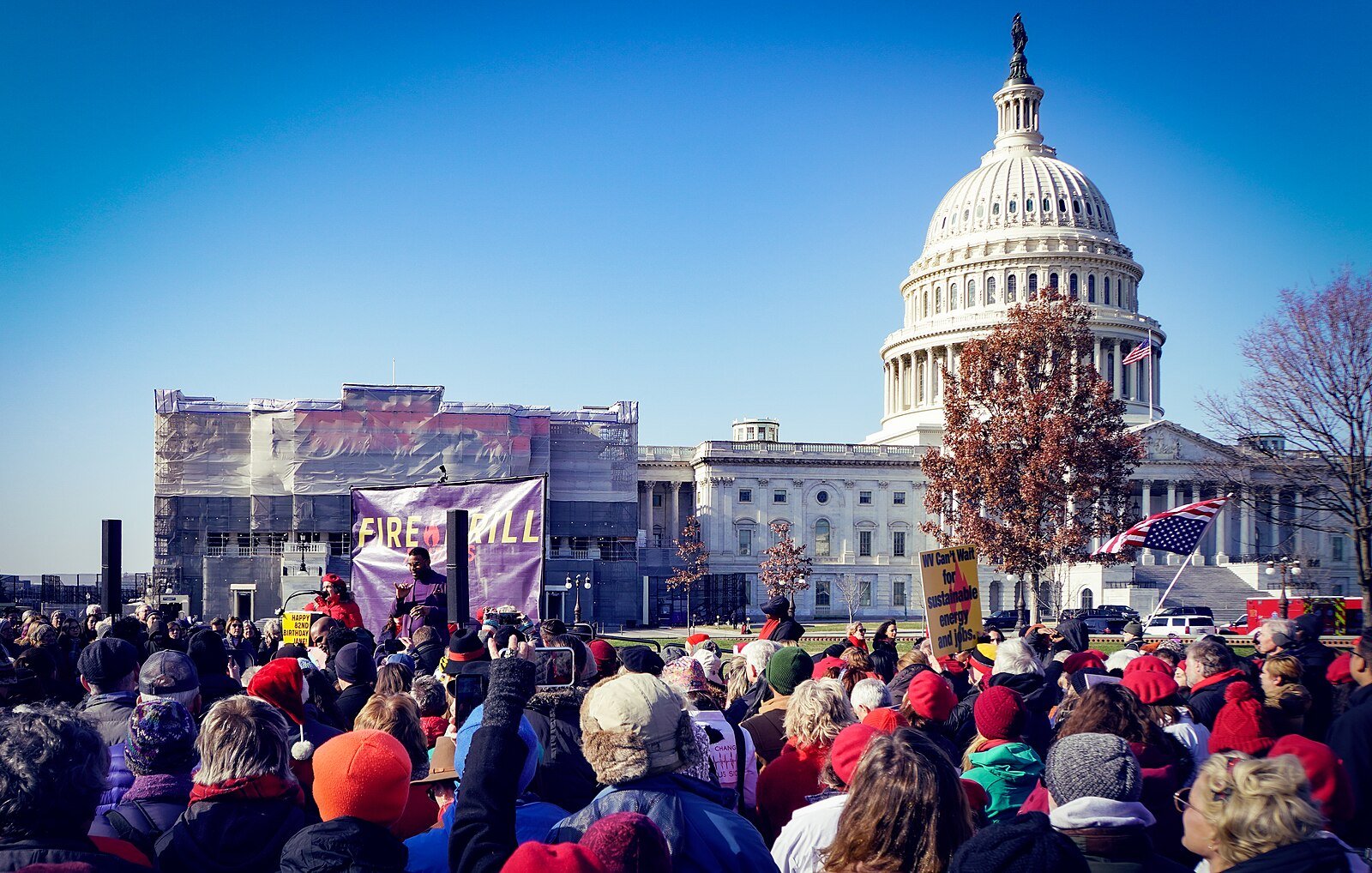
Dolores Huerta’s commitment to justice transcends human rights. She’s also been involved in environmental justice campaigns. Recognizing that marginalized communities often bear the brunt of environmental degradation, Huerta has worked to ensure safe drinking water, clean air, and access to uncontaminated lands for farming for these communities.
In her eight decades and counting, Dolores Huerta has remained a relentless force for justice, equity, and human rights. Her legacy is a testament to the power of perseverance, intersectional advocacy, and the belief that change is not just possible – it’s inevitable when we fight for it. The next time you hear “Sí, se puede,” remember the extraordinary woman behind those words and the diverse causes she championed.


